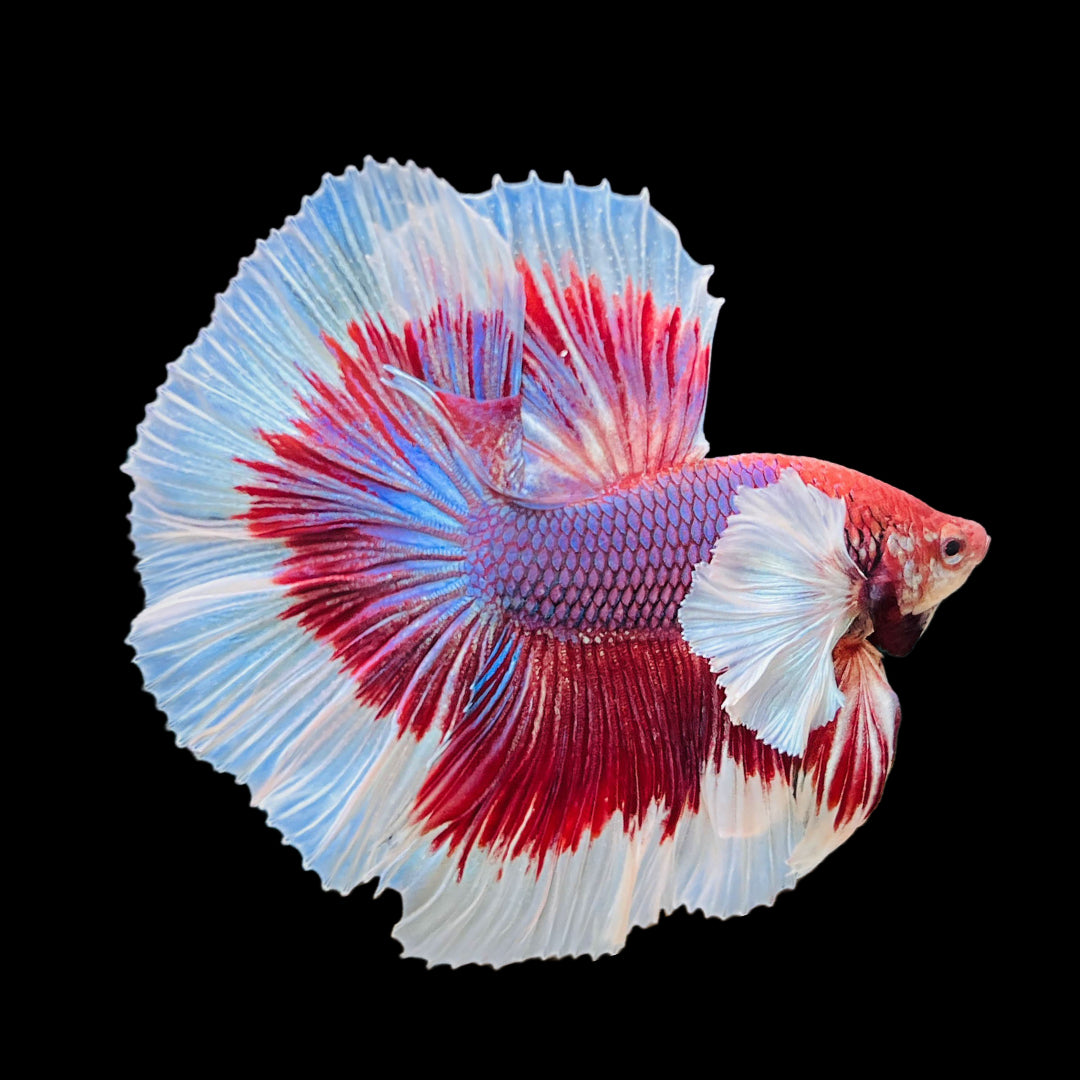Usual Betta Fish Diseases and Exactly How to Prevent Them
Usual Betta Fish Diseases and Exactly How to Prevent Them
Blog Article
The Ultimate Guide to Betta Fish Care: Important Tips for Keeping a Healthy And Balanced and Successful Aquarium Atmosphere
Reliable Betta fish treatment requires a comprehensive understanding of their one-of-a-kind environmental and physical demands. Developing an appropriate aquarium begins with choosing the right container size and ensuring optimal water conditions, which are crucial for the health and wellness and health of your Betta.
Picking the Right Tank
Selecting the proper container for your Betta fish is vital to ensuring its health and wellness. Bettas flourish in settings that mimic their natural habitats, which normally include calmness, warm waters. A container size of at the very least five gallons is recommended to offer appropriate swimming room, as smaller sized tanks can cause anxiety and health and wellness issues for these dynamic fish.
When picking a tank, think about the tank's form and filtration system. A rectangle-shaped tank is more suitable to a bowl, as it supplies extra surface for oxygen exchange. Additionally, a trusted purification system is vital to keep water high quality and decrease the regularity of water changes (betta fish). However, it's important to select a filter with a gentle circulation, as Bettas are not solid swimmers and may battle versus solid currents.
Temperature level guideline is an additional vital variable; Bettas favor water temperature levels between 76 ° F and 82 ° F. Buying an excellent heating system will certainly make certain that the water continues to be within this range, promoting a healthy and balanced and energetic lifestyle for your Betta. Giving proper container designs and hiding areas will certainly aid decrease stress and anxiety and motivate all-natural habits, better improving your Betta's wellness.
Preserving Water Top Quality
Maintaining optimal water top quality is essential for the health and long life of Betta fish. This requires routine surveillance of different specifications, consisting of temperature, pH, ammonia, nitrite, and nitrate degrees.
The pH degree must preferably fall between 6.5 and 7.5. Normal testing utilizing a trustworthy water screening set can aid ensure these parameters remain within the proper arrays. Ammonia and nitrite degrees need to always go to 0 ppm, as even low concentrations can be harmful to Betta fish. Nitrate levels need to be kept under 20 ppm to prevent lasting health and wellness problems.
Regular water changes are vital to keeping water high quality. It is suggested to transform 25-50% of the storage tank water weekly, depending on the container size and equipping degrees. Using a top notch water conditioner can aid get rid of harmful chemicals from faucet water, making certain a safe atmosphere. Furthermore, incorporating a robust purification system can help in maintaining water clearness and quality, giving a healthier environment for your Betta fish.
Perfect Feeding Practices
Giving a balanced diet is essential for the health and vibrant coloration of Betta fish, as their dietary requirements play a considerable function in their general health. Betta fish are carnivorous naturally, calling for a diet high in protein. A mix of high-grade pellets, frozen or online foods such as bloodworms, brine shrimp, and daphnia can supply the vital nutrients they need.
Feed your Betta fish a couple of times a day, providing only what they can eat within 2 to three minutes to stop overfeeding and keep water high quality. Overfeeding can result find here in obesity and health and wellness problems, including swim bladder disease. It is important to monitor their nutritional consumption and readjust part dimensions accordingly.
In addition to protein, a balanced diet plan ought to include nutrients to promote optimal health and wellness. Take into consideration supplementing their diet regimen with high-grade flakes or pellets specifically formulated for Betta fish, as these often contain needed additives.
:strip_icc()/siamese-fighting-fish-bettas-1378308-hero-f459084da1414308accde7e21001906c.jpg)
Creating a Suitable Environment

Water quality is vital; preserve a temperature level between 76 ° F and 82 ° F, and view it now guarantee the pH degree ranges from 6 - betta fish.5 to 7.5. Regular water modifications of 25-50% weekly will certainly help keep toxic substances away and ensure a steady environment
Incorporating plants and hiding places is important, as Betta fish are naturally territorial and delight in having areas to check out and pull back. Live or silk plants, along with caves and ornaments, can develop a revitalizing setting.

Routine Health Checkups
Performing normal health checkups is vital for making certain the health of Betta fish, as very early discovery of potential problems can prevent major wellness troubles. These check-ups should encompass a thorough exam of the fish's physical condition, behavior, and environmental aspects.
Begin by observing the Betta fish for any indications of distress, such as lethargy, anorexia nervosa, or unusual swimming patterns. In addition, evaluate the fins and body for signs of staining, lesions, or fin rot, which can indicate infections or parasites. On a regular basis keeping track of the water top quality in the fish tank is equally essential; specifications such as pH, ammonia, nitrite, and nitrate levels should be kept within optimum arrays to avoid stress and ailment.
Additionally, take into consideration preserving a log of health observations and water top quality examinations. Prompt intervention can make a significant distinction in the recuperation of your Betta fish, making sure a long and healthy life in a well-kept aquarium setting.
Final Thought
In final thought, successful Betta fish care pivots on creating and keeping an optimum aquarium environment. By following these guidelines, aquarists can promote the wellness and vibrancy of Betta fish, eventually resulting in a growing water ecological community.
Report this page